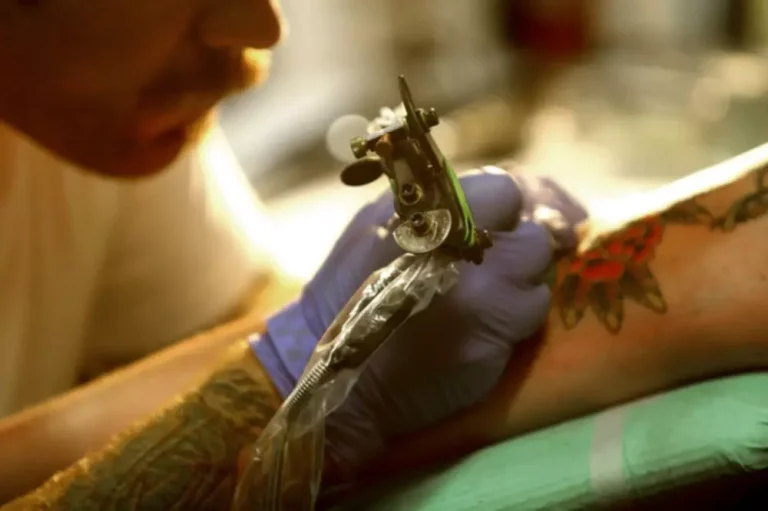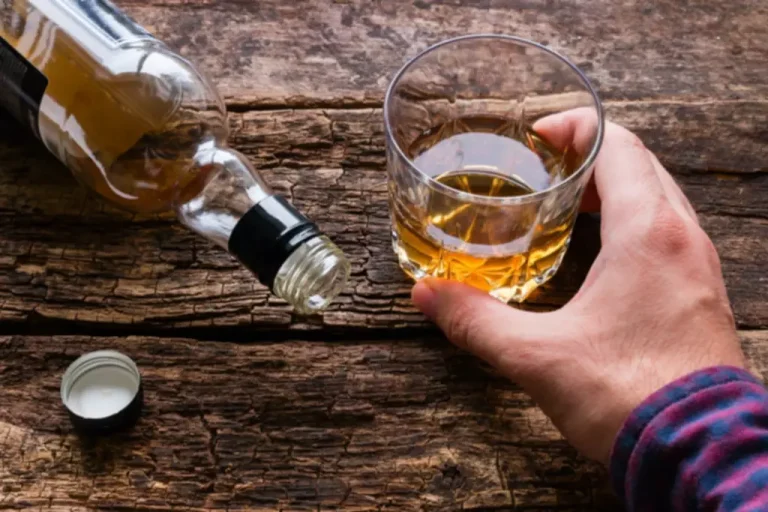
Recovery from AUD is marked by stages of abstinence, withdrawal, repair, and growth. While the process may take several years, the outcome is a happier, healthier life where you have the freedom to fulfill your full potential. During this stage, most people focus their energy on coping with cravings and resisting the urge to drink.
- Seeking online alcohol treatment is an act of self-care, and something to be proud of.
- This stage focuses on addressing the underlying issues that contribute to alcohol addiction and developing strategies for long-term sobriety.
- This combination of support, therapy, and personalized treatment helps individuals navigate the challenges they may encounter and empowers them to maintain their commitment to sobriety.
- Whether you’re seeking to identify your current stage or gain a deeper understanding of the recovery process, this will clarify the complexities of addiction.
Recognizing the Need for Change

It can take your liver one week or longer to completely detox from alcohol after your last drink. The longer the period of alcohol abuse, the longer complete healing will take. Brandon Okey is the co-founder of Ardu Recovery Center and is dedicated to empowering people on their journey to sobriety.
Ready to make a change?
It offers an opportunity to break free from the destructive cycle of alcohol abuse and regain control over one’s life. Recovery not only improves physical health but also enhances mental and emotional well-being. By abstaining from alcohol, individuals can experience improved relationships, increased productivity, and a greater sense of self-worth. Alcohol recovery is a transformative journey https://ecosoberhouse.com/ that individuals with addiction undertake to overcome their dependence on alcohol and achieve sobriety. It is a multi-stage process that involves various steps, each crucial to the overall success of recovery. Understanding the importance of alcohol recovery and familiarizing oneself with the stages involved can provide individuals with a roadmap to navigate their journey effectively.

What Are the 6 Stages of Change?
Too much alcohol can be toxic to liver cells, causing dehydration and permanent scarring—which ultimately affects the blood flow. With excessive alcohol consumption, this important organ can’t metabolize Vitamin D, which could develop into a deficiency. Some common signs and symptoms of cirrhosis include fatigue, itchy skin, weight loss, stages of alcoholic recovery nausea, yellow eyes and skin, abdominal pain and swelling or bruising. If you’re feeling discouraged in the first 30 days because you haven’t yet experienced the benefits of life without or with less alcohol, we understand. It can be frustrating, but it’s an incredibly common and necessary chapter in this journey towards alcohol recovery.

Alcohol Detox for Withdrawal
- Most people recovering from addiction will cycle through the stages of change three or four times before completing the cycle without a slip.
- Alcohol treatment and recovery is a lifelong process that requires commitment and changes in many aspects of a person’s life.
- However, the exact coverage will depend on your specific insurance plan.
You might miss work, forget to pick up the kids, become irritable, and notice physical signs of alcohol abuse (facial redness, weight gain or loss, sluggishness, stomach bloating). Alcoholism was identified in 1956 as an illness by the American Medical Association (AMA). It’s a disease—an altering of the brain that controls a person’s motivation and ability to make healthy choices. Once it takes hold, it can be hard to shake loose—without the right help. Like other types of self care (working out, meditation, skincare, intuiting eating), finding sustainable habits that work for you is key. And while care can feel preventative, not responsive, it means you’re setting yourself up to confront life’s challenges as your most perseverant, present self.
- The National Institute on Alcohol Abuse and Alcoholism (NIAAA) estimates that 29.5 million people have alcohol use disorder (AUD) in the United States.
- You might notice this effect more if you were drinking to manage your mood, such as drinking to temporarily relieve negative emotions or boost positive ones.
- They may know something about the person’s deepest aspirations and voice them as a reminder that can help the person remain on the road to recovery.
- Each individual is different, and we recognize that your recovery process will be different from that of others.
Breaking the Physical Dependence

- Cravings vary in duration and intensity, and they are typically triggered by people, places, paraphernalia, and passing thoughts in some way related to previous drug use.
- Remember that alcohol use disorder is a medical condition, with a medical solution.
- It is a particularly dangerous condition because, unlike illegal street drugs or prescription drugs, alcohol is legal, easily available, and socially acceptable.
- While every person’s journey to sobriety is unique, you may recognize yourself or a loved one in any of these stages.
